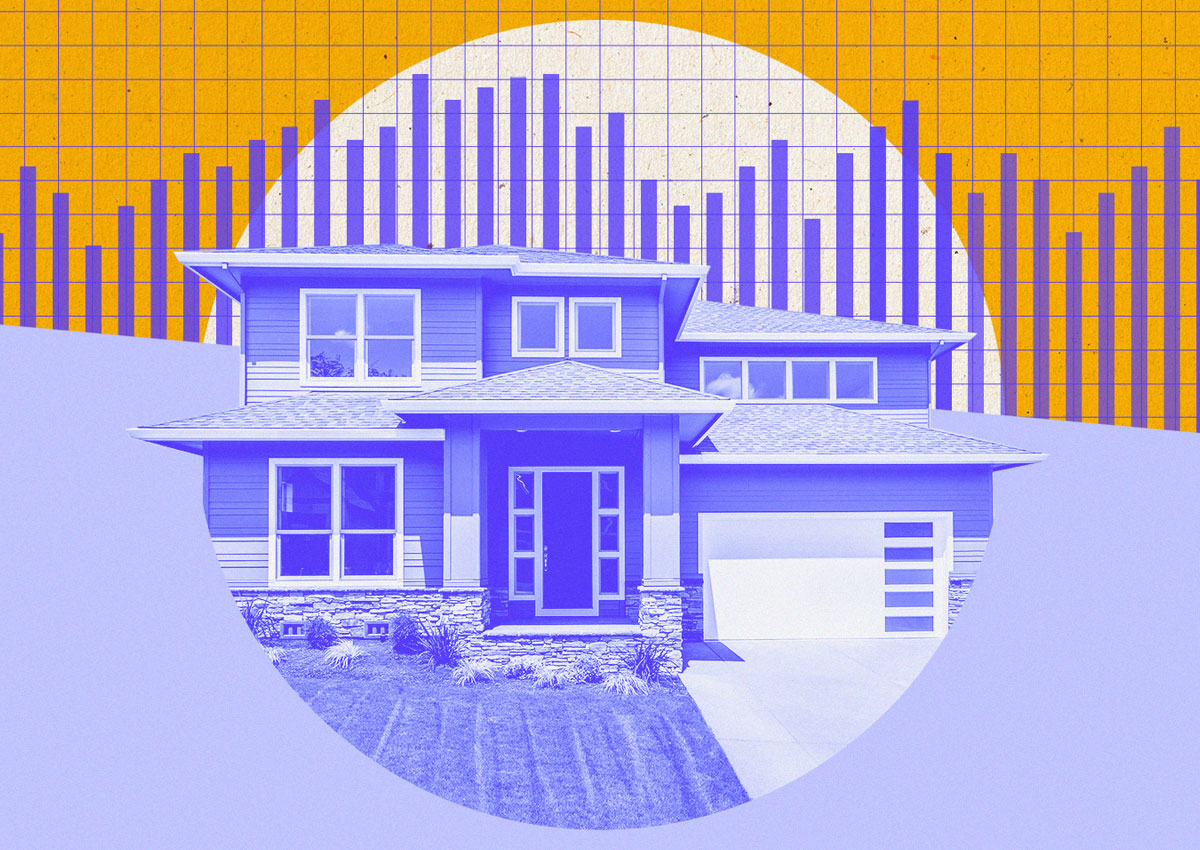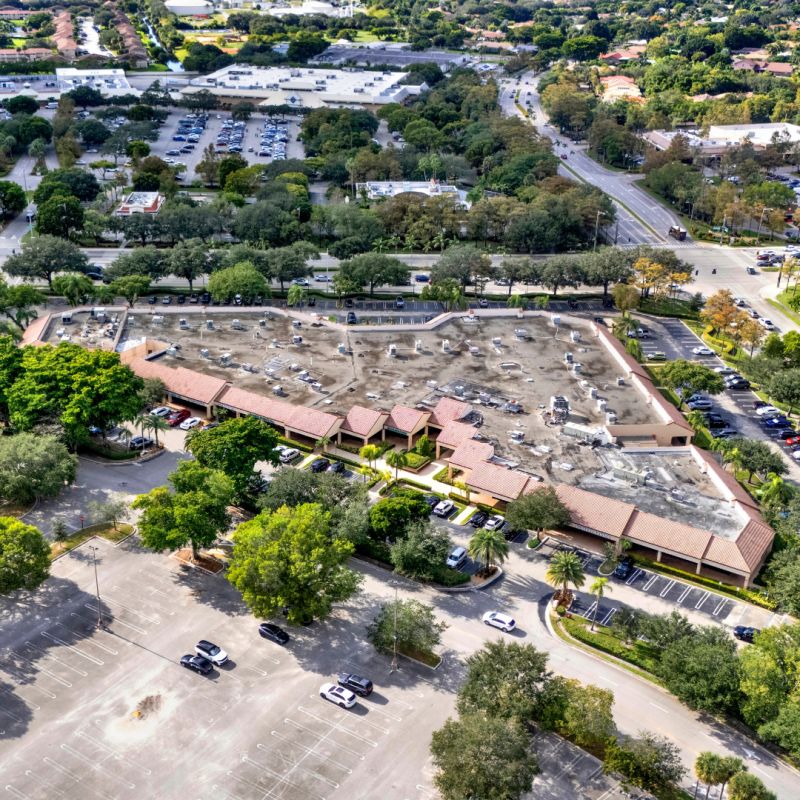T
he housing market in the Chicago area is experiencing a surge in home prices, according to a recent report by Crain's. Prices have increased by 7 percent in June, which is more than double the 3 percent inflation rate for the same month last year. This increase is higher than the national average of 5.4 percent in June. Chicago is one of the top five cities in terms of price hikes, surpassed only by New York, San Diego, Las Vegas, and Los Angeles.
The median sale price in Chicago reached $360,000, reflecting a 5.9 percent increase year-over-year. In the nine-county metropolitan area, which includes Cook, DeKalb, DuPage, Grundy, Kane, Kendall, Lake, McHenry, and Will counties, the median price climbed to $368,000, representing an 8.3 percent jump from July 2023. Both increases are above the month's national average of 4.2 percent, indicating a robust market despite broader economic pressures.
Sales volumes have rebounded from previous months' record lows, according to Illinois Realtors. In Chicago, there were 2,161 homes sold last month, reflecting a 5.3 percent increase compared to the previous year. The broader nine-county region had 8,943 sales, up 5.7 percent from the same month in 2023. However, these figures remain below pre-pandemic norms, suggesting a cautious recovery in the housing sector.
New construction has faced a stagnant market, according to homebuilding consultancy firm Tracy Cross & Associates. Sales remained flat in the spring, with only a slight decrease of 0.2 percent compared to the previous year. The sluggishness in that sector is primarily due to consistently low inventory levels, said Erik Doersching, president and CEO of Tracy Cross. The few builders who do have available homes are experiencing strong demand, he said.
This slowdown can be seen in the number of active subdivisions, which have plummeted to a historic low, according to records from Tracy Cross dating back to 2001. There were nearly 240 active subdivisions between March and May, representing a nearly 5 percent decrease from the year prior and a drop of more than 75 percent from 2004 to 2009. During that suburban building-boom, the number of active developments consistently ranged between 1,000 and 1,200.













